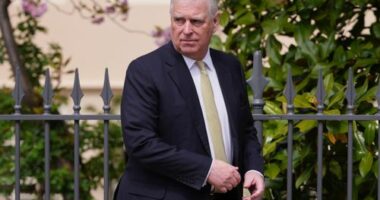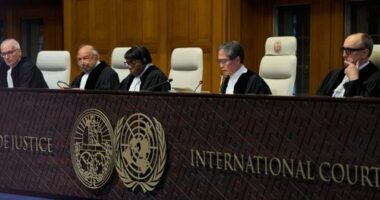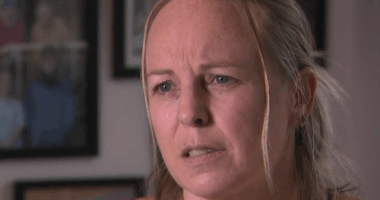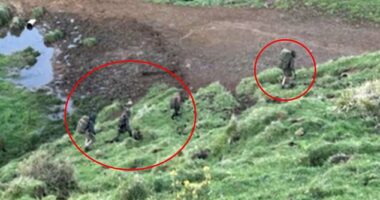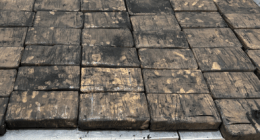Share this @internewscast.com
The festival serves as a meeting point for cultural traditions and urgent national discussions, shaping the future through dialogues rooted in the past.
A deeply cultural event
The festival is grounded in traditional ceremony, with daily bunggul (dance), manikay (song), and miny’tji (art) shared in the open air.
“Each year, the Yolŋu community warmly welcomes over 2,500 attendees to Gulkula, and we are proud to extend this invitation to all Australians through our event coverage,” she noted.
How Garma began
The festival originated as a means to safeguard and celebrate Yolŋu cultural heritage during a period when numerous Elders were concerned it was fading. Gulkula, the chosen venue, is recognized for its cultural and ceremonial significance, as it is where the Yolŋu ancestor Ganbulabula introduced the yidaki (didgeridoo or Aboriginal wind instrument) into Yolŋu culture.
His legacy continues to shape the event.
When is Garma?
Gulkula is sacred to the Gumatj clan and bears profound ceremonial and cultural importance. The event unfolds in its natural bushland setting, with participants camping on site and adhering to cultural protocols throughout the gathering.
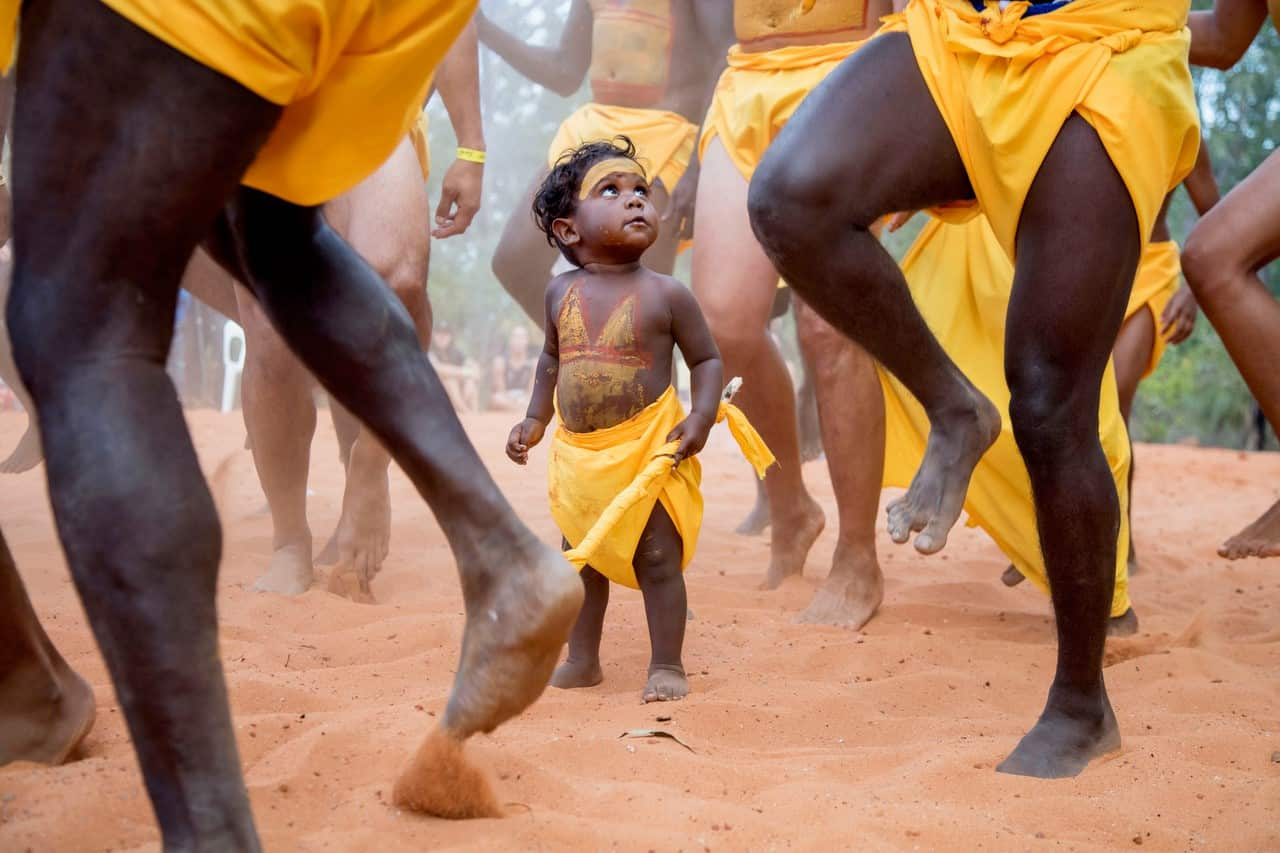
A young child performs the bungul surrounded by family. Source: Supplied / yyf.com.au
Why 2025 is a milestone year
A space for conversation and change
The festival has been crucial in amplifying Yolŋu perspectives and promoting Indigenous-led solutions in governance, health, and community empowerment sectors.

Garma, the annual festival and celebration of Yolŋu life and culture, is marking 25 years. Credit: Melanie Faith Dove/Yothu Yindi Foundation
Conversations held at Garma often ripple outward into national policy circles.
Denise Bowden, CEO of the Yothu Yindi Foundation, stated: “Garma plays a vital educational role, aiding Australians in understanding Yolŋu culture more profoundly, ensuring its practices continue robustly, and are transmitted from one generation to the next.”



